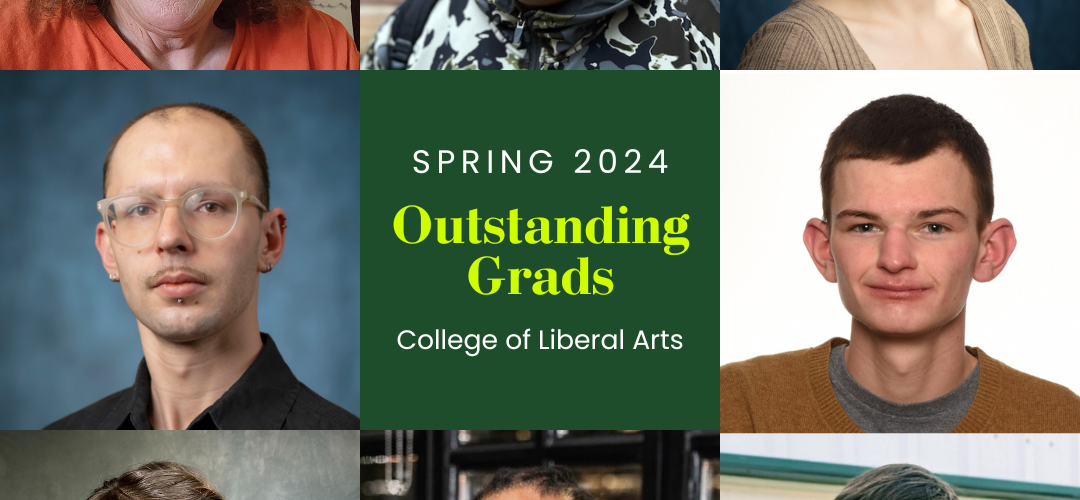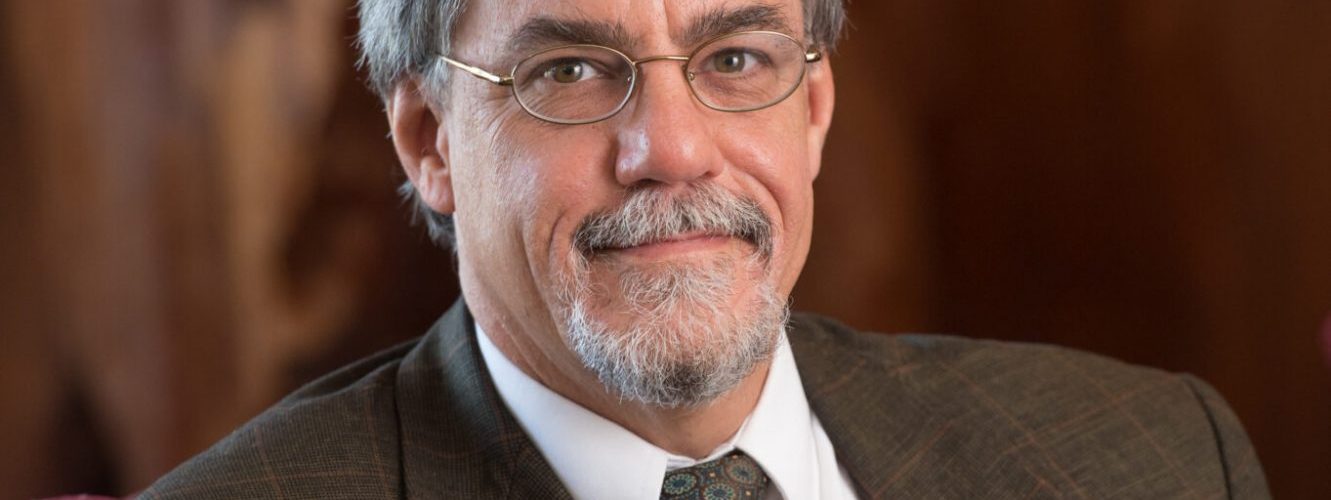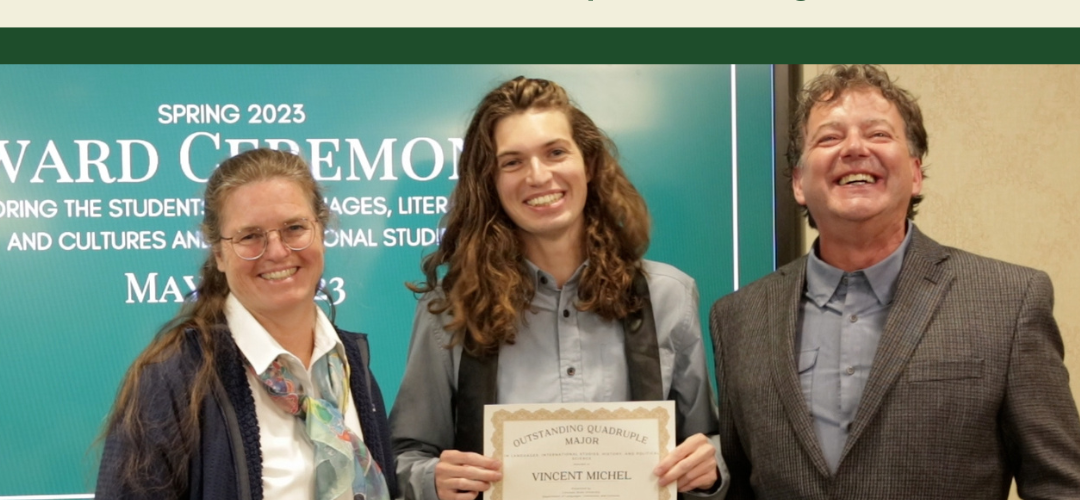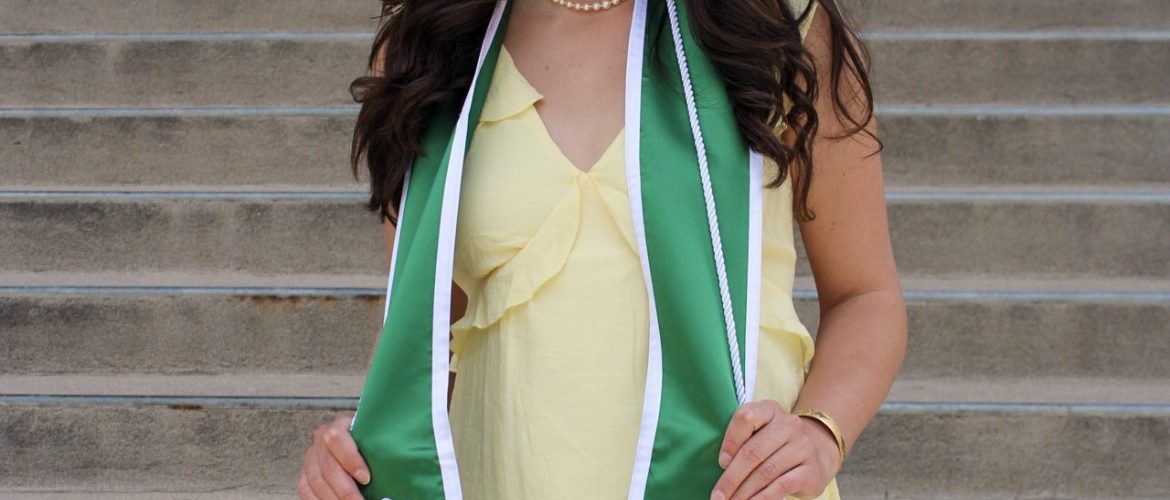Redirecting misplaced enthusiasm to “save the honeybees,” understanding migration during humanitarian crises such as in Gaza, and accounting for the missing costs of climate change are the topics which won funding from CSU’s School of Global Environmental Sustainability.
Join us in celebrating our esteemed College of Liberal Arts Outstanding Grads for Spring 2024 Commencement.
A team of CSU historians sought to capture the student experience during the COVID-19 pandemic as part of the Ram Stories project. This oral history project is now available as an interactive map.
She is one of only 26 Fellows selected nationally, following her nomination by President Amy Parsons and a thorough application process.
After eight years at CSU, the College of Liberal Arts dean heads to Iowa State University as dean of the College of Arts and Sciences.
Thirty-two years ago, CSU alumni Paulo and Peggy Neves and their two teenage sons moved to the United States from Bahia, Brazil, and started roasting coffee beans in a small backyard shed at their home in Fort Collins.
The U.S. citizenship test – which immigrants must pass before becoming citizens of the United States – has this question: “Name one problem that led to the Civil War.”
When Vincent Michel started out as a history major in 2018, he didn’t expect to be walking across the stage at commencement with four different majors behind him as he did a few weeks ago in Moby Arena. “I’d like to say there was a masterplan for adding all these [majors], but really it all […]
Kristy Ornelas is recognized as an outstanding graduate for her commitment to amplifying DEISJ values in her scholarship and applied work.
Lauren Hennessey is recognized as an outstanding graduate for her instrumental role in the Ram Stories Symposium.









